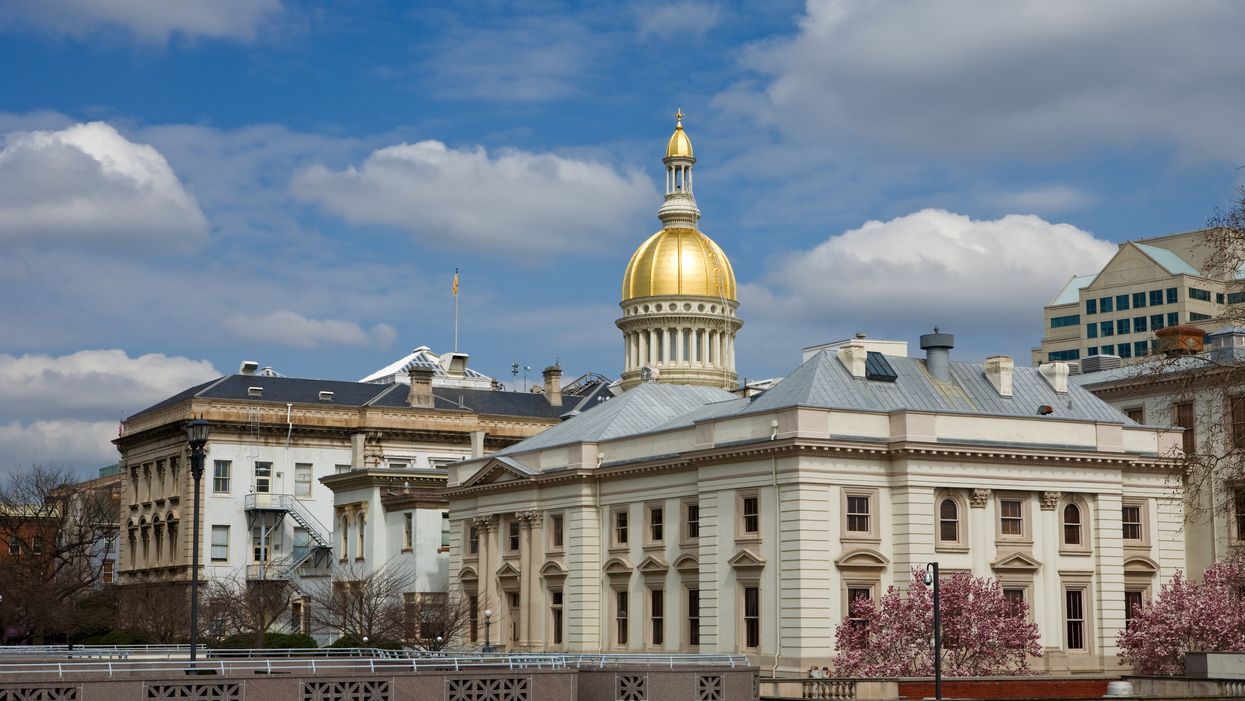Voters will decide in November whether the next redrawing of New Jersey's legislative districts may be postponed for two years.
It will be one of the more unusual referendums addressing partisan gerrymandering — and yet another wrinkle in the running of democracy wrought by the coronavirus.
Democrats who control the Legislature say keeping current districts in place until 2023 is the fairest thing to do if population reports from the Census Bureau are delayed, which looks likely because of the complications of counting heads in a pandemic. That's a subterfuge for holding on to their seats for an extra term, Republicans complain, while good-government groups say the postponement would deny growing minority populations more influence in Trenton.
Legislators concluded the only way to get what they want was to ask the people to amend the state Constitution. The measure to put the language on the Nov. 3 ballot was cleared Thursday.
The timetable is unusually tight in New Jersey, because it's one of just two states that have legislative elections in 2021. (The other is Virginia, which will vote this fall on whether to assign redistricting to an independent panel, with its deadline for producing new maps not yet certain.)
If voters approve the measure, next year New Jersey will elect 120 legislators in the districts used since 2011 — assuming the census numbers are delivered after the middle of February. (Typically, the detailed data set is delivered by early March.) Lawmakers say this will provide the time needed to come up with fresh maps.
But that deadline is way too early, says the Princeton Gerrymandering Project, one of the groups opposed to the measure.
It would be possible to redraw the districts later and then delay the primary, which is usually in June, although maps drawn in the summer wouldn't leave much time to campaign in new territory for primaries in the early fall. Only a decade ago, when census results were late, the state responded by delaying the primary three weeks.
"This measure is unnecessary and it's extreme," said Republican state Sen. Kip Bateman. "It's not about fairness or accuracy. It's about protecting incumbents and the majority party's two decades of control in the Legislature."
The Princeton group maintains that pushing back an election is better than delaying redistricting because the latter would mean diluted voting power for the state's Latino and Asian-American communities, which have grown a combined 20 percent — more than 400,000 people — over the last decade, enough to become players in electing more state senators and House members.
The state's 12 congressional districts are redrawn using a separate process that won't be affected by this measure, and don't need to be remade as quickly in any case.
New Jersey is one of eight states that use independent redistricting commissions to draw new maps each decade for both Congress and the state legislature. Six other states do so for just the legislature.




















